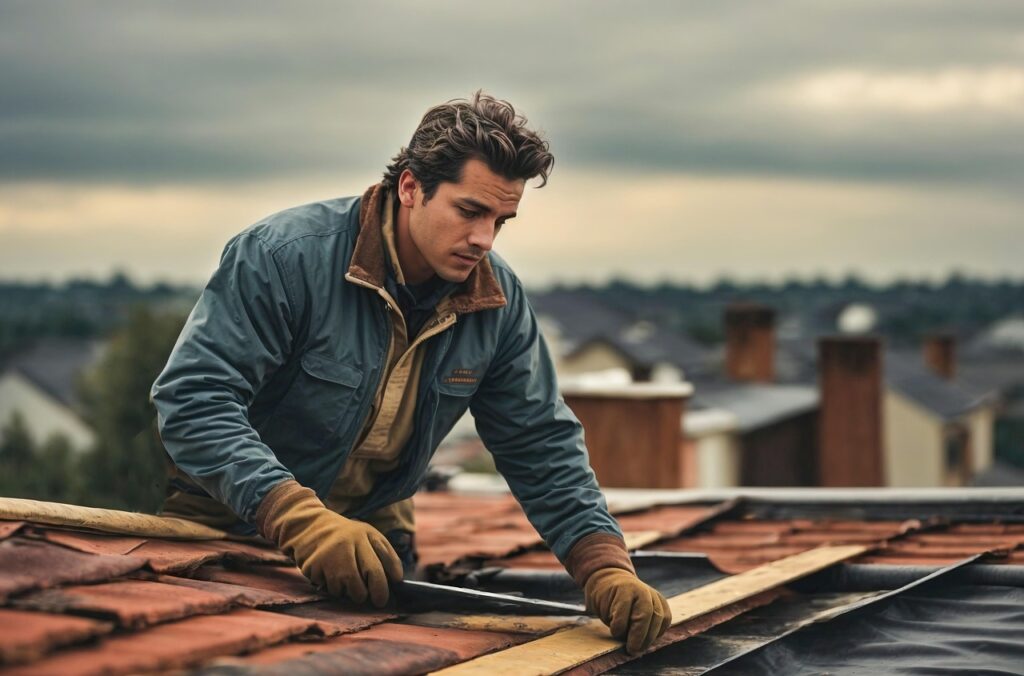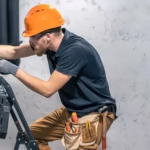In recent years, more and more people have been fixing their own homes. The idea of saving money and time can simply make a targeted strategy quite appealing however it is also normal to feel unsure or concerned. A project’s successful completion can result in a profound feeling of accomplishment and satisfaction. It is very important to think about what will be worth it and what will not be. It is advisable that you go through your experiences and abilities before making your move and take every factor of risk versus reward. It is wise to pre-plan and ensure that your actions are well-informed in-home maintenance.
Understanding Your Skill Level
It is your ability and experience to carry out a coarse DIY task to understand how simple or complex the job will be. You should be able to perform simple and minor tasks such as correcting a leaky faucet or painting a room basically. However, greater tasks like electrical work or roofing need a higher skill set and experience. Your skills with various tools are central, and your judgment should be precise enough to solve the problem at hand. You should never attempt a task that you do not clearly understand in such a case. Basic know-how on safety can be very useful here, combined with the idea that it is fine to call a professional if the work looks scary.
Costs: Upfront vs. Hidden Expenses
DIY can seem like a money saver, but you may not be aware of hidden expenses that catch up later. Initially, you enjoy savings by not having to pay for someone else’s work, but in the long term, tools and materials can be added significantly, especially if you are dealing in bulk. Mistakes can be costly, especially when unskilled persons attempt repairs, and fixing them can be costly. When you do professional repair work, you have the benefit of a warranty as well, which gives you peace of mind. Balancing these small things can give you a picture of how much DIY can cost you in the end.
Safety and Liability Concerns
Safety should be crucial in all your home improvement jobs. Minor errors can actually lead to personal injury during repair, and you could accidentally damage your home’s electrical or plumbing systems and subject yourself to larger expenses and risks as well. In addition, homeowner’s insurance may not necessarily cover damages caused by DIY jobs that are done unqualifiedly. In some cases, there may be serious legal implications for faulty jobs that can require hiring an expert. Jobs such as electrical, plumbing, and structural issues should be done by licensed professionals and certified to protect safety and legal safety.
Quality and Longevity of Repairs
In the long run, a paid specialist tends to produce better quality work than a typical DIY assignment. The professional expertise is backed up by years of training and experience. Also, amateurs might tend to cut corners or choose materials that will not last long. This scenario may seem good for the present but might break down in the future. House buyers are often cautious about DIY fixes and may wonder about the real state of the house. Using suitable materials and the right methods will more than likely make the job hard and last long. Avoid the hassle of a future repair job by being discerning about how you repair things today.
When to Bring in Outside Help
You should know when not to think about your skills and to welcome the help of a specialist. You may need to have a professional whenever or wherever a job is too difficult to perform, like basically an extensive remodel or complicated electrical work. For instance, you can save yourself a lot of trouble by employing a reliable Austin roofing company if you have problems with any leaky or damaged roof too. Reliable contractors can be found by making use of online reviews and obtaining estimates. Your preference must be to establish long-term service contracts to ensure ongoing maintenance tasks. Picking the right time to employ a professional is a way to remain safe and save your home in the long run.
Conclusion
Take a deep breath again and think about the favorable and unfavorable aspects of DIY maintenance. While it may save you money and offer satisfaction, your work may be risky and may affect your home in the long term. Always know what you can do and when it is best, to call an expert. Preparing well, comparing the cost, and knowing safety can contribute to smart saving decisions. The best home maintenance plan is one in which you work with expert help if you are dealing with intricate jobs or anything more than simple household tasks. It puts you in a good position to make sensible decisions about what you can depend on in future tasks.






